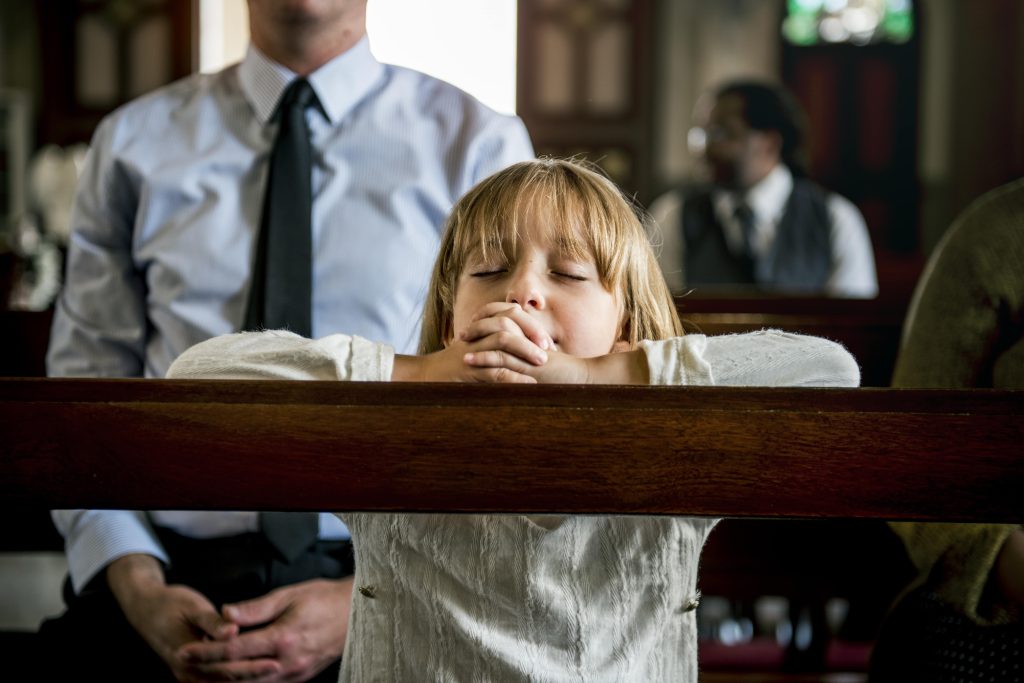The “Minor in Possession” Laws in Washington – Consequences for Underage Alcohol or Marijuana Possession

Washington State takes underage alcohol and marijuana possession seriously, with strict laws aimed at discouraging youth substance use and protecting public safety. Known as Minor in Possession (MIP) laws, these rules make it illegal for individuals under the legal age to possess, consume, or be under the influence of alcohol or marijuana in most circumstances. Even a first offense can result in significant consequences that impact a young person’s future.
What the Law Says
Under RCW 66.44.270, it is unlawful for anyone under 21 to possess, consume, or exhibit signs of having consumed alcohol in a public place. Similarly, under RCW 69.50.4014, possession of marijuana by individuals under 21 is prohibited, even in small amounts. The law applies whether the person is caught holding the substance, is intoxicated in public, or is found in circumstances that suggest recent use.
Penalties for Alcohol MIP
For underage alcohol possession or consumption, Washington treats Minor in Possession (MIP) laws as a gross misdemeanor in most cases. Penalties can include fines, community service, mandatory alcohol education or treatment, and up to 364 days in jail. While jail time is rare for a first offense, the conviction still creates a criminal record that can affect college admissions, scholarships, employment opportunities, and even driving privileges.
Penalties for Marijuana MIP
Underage marijuana possession is also a criminal offense in Washington. Possession of less than 40 grams is typically a misdemeanor, punishable by up to 90 days in jail and a $1,000 fine. Possession of more than 40 grams can be charged as a felony, carrying much more severe penalties, including prison time and higher fines. In addition, convictions for marijuana MIP may lead to suspension of a driver’s license, even if the offense was not vehicle-related.
Collateral Consequences
Beyond fines and possible jail time, MIP convictions can carry long-term consequences. Criminal records are often accessible to schools, employers, and licensing boards. Loss of driving privileges can make it difficult to work or attend school. For young people planning to enter professions requiring background checks—such as law enforcement, teaching, or nursing—an MIP conviction can create significant barriers.
Possible Defenses
Defenses to an MIP charge may include challenging the legality of the stop or search, proving the defendant did not actually possess the substance, or showing that an exception applies. Washington law provides limited exceptions for religious ceremonies, employment purposes, or possession in a private home with parental consent (for alcohol), though these exceptions are narrowly interpreted by courts.
Minor in Possession charges in Washington should never be taken lightly. Even a single conviction can have lasting effects on education, employment, and personal opportunities. If you or your child is facing an MIP charge, it is important to seek legal guidance immediately to understand your rights and explore options for reducing or dismissing the charge. The Law Office of Erin Bradley McAleer has experience defending minors and young adults in alcohol and marijuana possession cases throughout Washington State. Contact us today for a consultation.